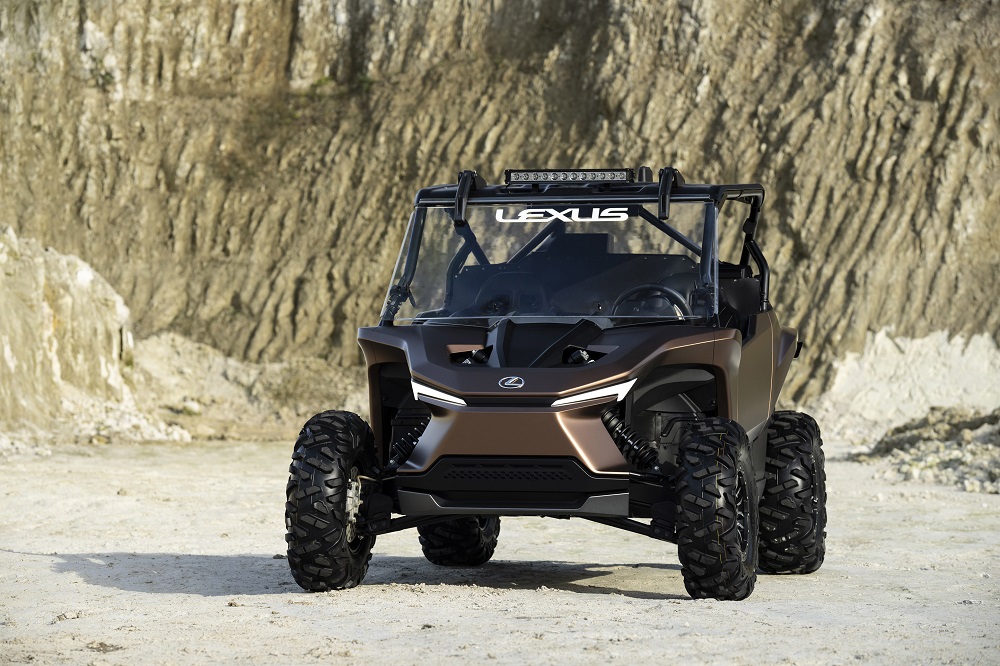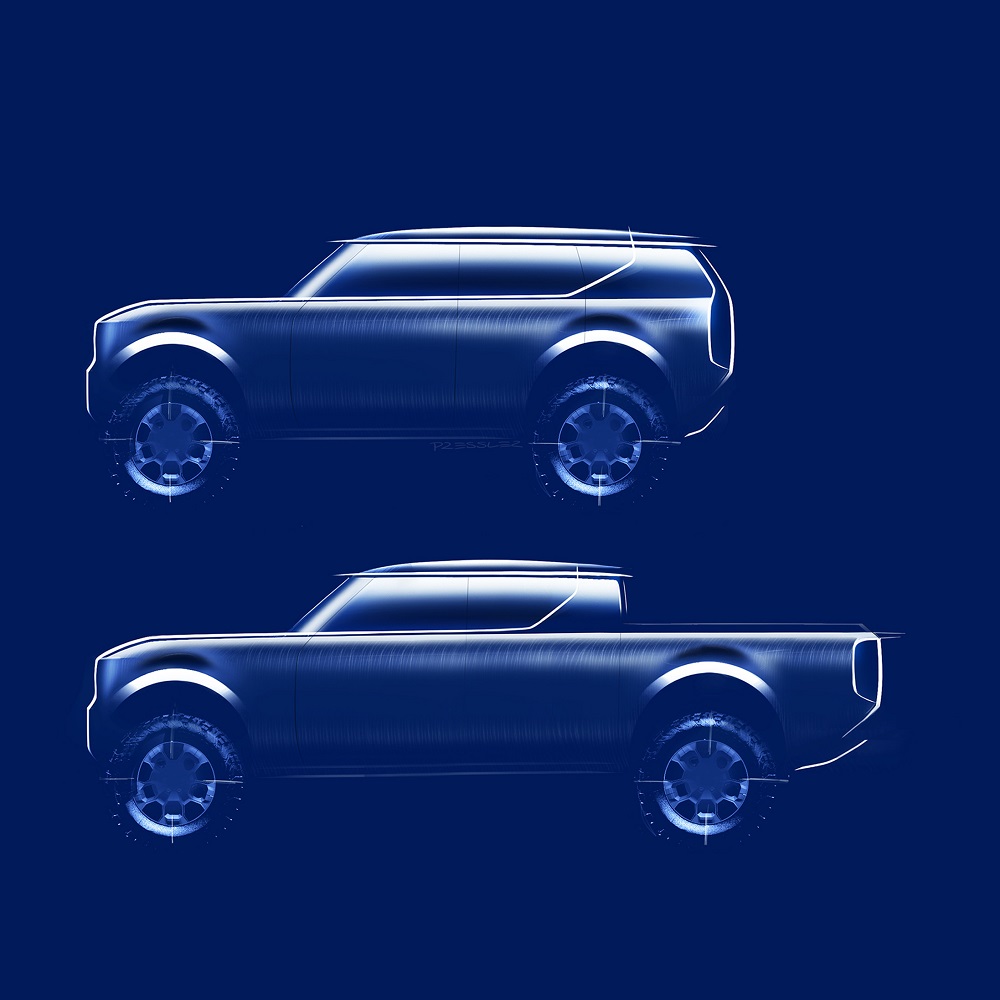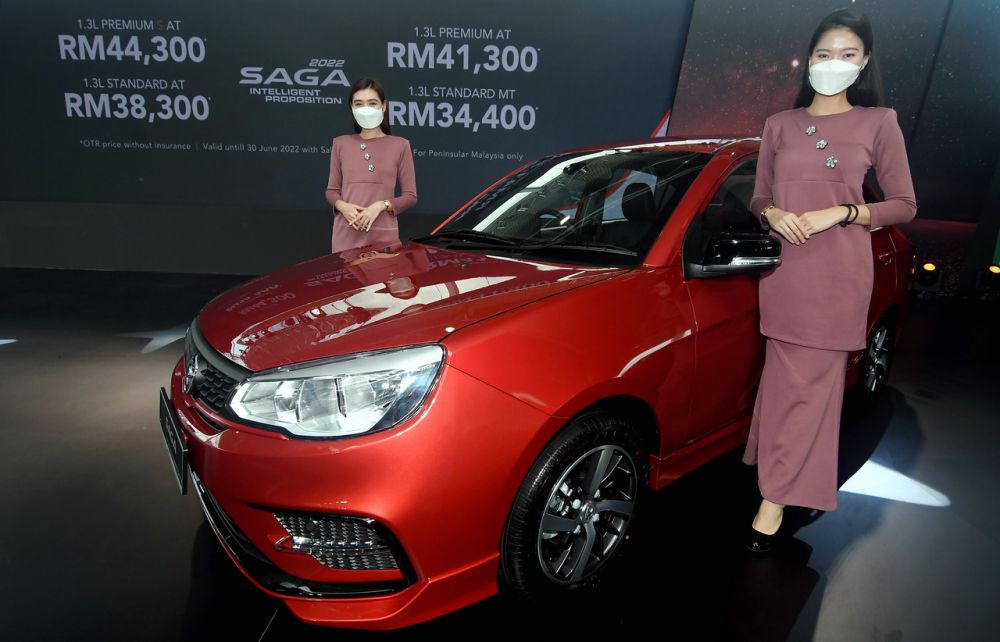PARIS, Jan 15 — Lexus is presenting its ROV concept at the Tokyo Motor Show until January 16, 2022, equipped with a hydrogen-powered engine that emits almost no CO2.
This project appears at a time when hydrogen is becoming increasingly important as an alternative to lithium-ion batteries to power electric cars. Could hydrogen prove to be a solution adaptable to all types of driving?
Toyota’s high-end division has developed a new concept, called ROV (for Recreational Off-highway Vehicle), a unique hydrogen car.
It’s a fairly classic buggy, with visible suspension, a roll bar and large tires. What sets it apart is its hydrogen engine.
Its 1.0-liter engine works like a petrol engine but is powered by hydrogen from a high-pressure tank.
This system produces almost zero CO2 emissions, with just a “negligible amount of engine oil burned while driving.”
In addition, the rapid combustion of hydrogen significantly increases the engine’s torque, so that it can offer the same sound sensation as a combustion engine!
Lexus is thus demonstrating that hydrogen could potentially be used for more than just powering an electric engine, as is the case with the famous Mirai produced by its parent company Toyota.
This car recently broke a world record for autonomy for a production car, by driving more than 1,000 km with a single charge of hydrogen.
Hydrogen-powered cars are capable of traveling long distances while producing nearly zero CO2 emissions, as the vehicle only emits water.
In addition, it only takes a few minutes to fill up the car, unlike charging up a car with an electric engine.
In addition to Toyota, Honda and Hyundai are currently the manufacturers most involved in the development of hydrogen-powered fuel cell cars.
In France, the Renault group and Stellantis (via Citroën, Peugeot and Opel) have already presented their first hydrogen-powered models, which are, for the moment, limited to a few utility vehicles.
Other more original projects are also being developed around this technology, such as the Hopium Machina project, a top-of-the-range sedan designed to achieve unprecedented performance for a hydrogen-powered production vehicle — which means power equivalent to over 500 hp while offering up to 1,000 km of range. Production could start in 2026. — ETX Studio






















